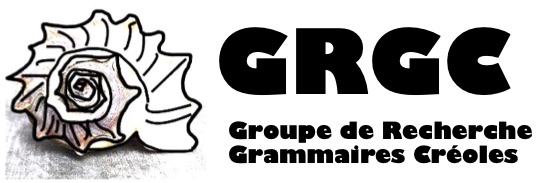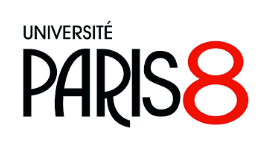17h00
UPS Pouchet salle 221 & zoom
 retour à la page Séminaire Grammaires créoles
retour à la page Séminaire Grammaires créoles
Alexander Yao Cobbinah (São Paulo) & Dominika Swolkien (U. Cabo Verde)
The Cape Verdean variety of São Nicolau: The missing link?
Research on Cape Verdean has focused mainly on the variety of Santiago, which is spoken on the main island and has by far the most speakers. Only recently have other varieties gained more attention by linguists [Brava (Baptista 2013), Fogo (Moreira 2020), Maio (Moreira 2014), São Vicente (Swolkien 2013, Pratas 2021), Santo Antão (Baptista 2014, Swolkien & Cobbinah 2019), while others are still mainly unknown.
The variety of São Nicolau (SN), despite being spoken on a centrally located island of comparatively old, 16th century, occupation has so far only been the topic of one monography (Cardoso 1989) and two minor journal articles (Carvalho 1969, Lopes 2012).
In this talk, we will present and discuss preliminary data recorded during a field trip to São Nicolau in 2020. This data constitutes the first analysed recorded dataset since Cardoso and as such is a basis for linguistic description as well as for the assessment of Cardoso's data, which is only available in the transcribed form.
Although SN is closely enough related to the already described variety of São Vicente, the data raises important questions about the genesis and spread of Cape Verdean across the archipelago. Contrary to the prevalent, traditional, binary distinction between Barlavento and Sotavento varieties of Cape Verdean, which supposedly are the result of different degrees of impact of African substrate and contact with Portuguese spoken by settlers from the Azores and mainland Portugal, SN shares phonological and morphosyntactic features with both dialect groups, as well as some intriguing patterns of variation and idiosyncrasies, which suggest that the hypotheses on Cape Verdean language history might have to be reconsidered.



